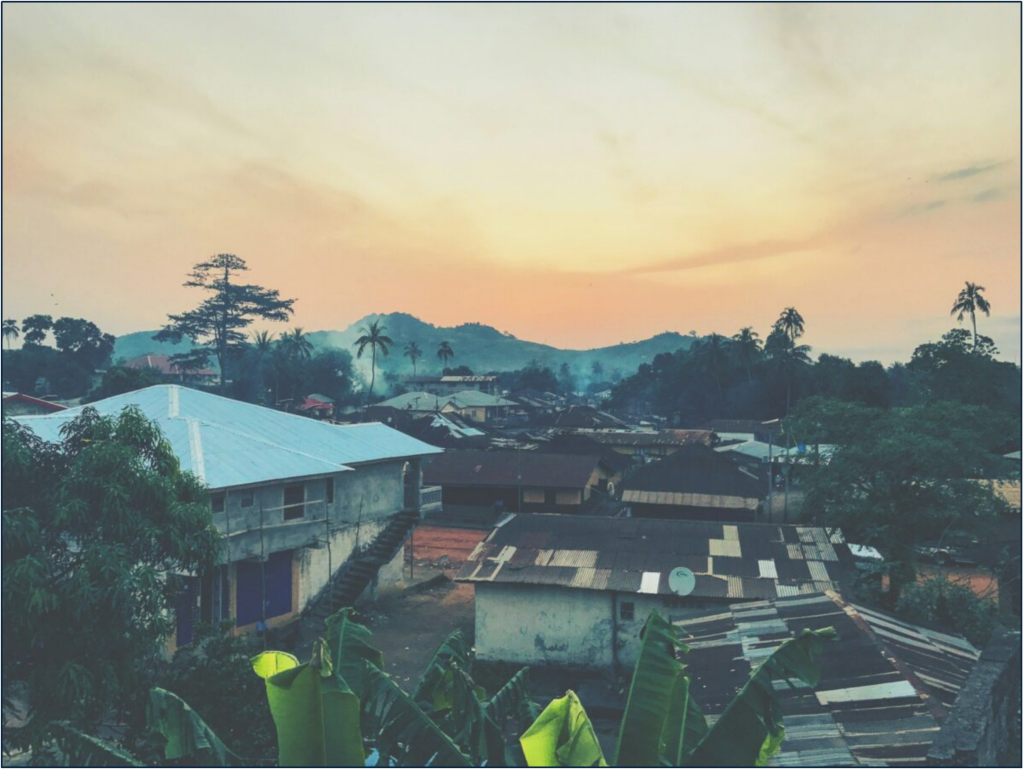The government of Sierra Leone is set to introduce a pioneering results-based financing (RBF) mechanism aimed at accelerating the development of solar mini-grids across the nation.
In collaboration with the European Union, this initiative will provide financial grants to private developers, enabling them to build, own, and operate solar mini-grids, thereby enhancing rural electrification.
Under this RBF model, private mini-grid developers will receive grants contingent upon successfully establishing electricity connections for households. The disbursement of funds will occur only after the developers meet specific milestones, ensuring accountability and effective use of resources.
This approach is designed to stimulate private sector investment in renewable energy, ultimately benefiting communities that lack reliable electricity access. Sustainable Energy for All, an organization affiliated with the United Nations Office for Project Services (UNOPS), will oversee the implementation of this project, with the ambitious goal of electrifying 35,000 households. The European Union is contributing €20 million (approximately $20.6 million) to support this initiative, underscoring its commitment to enhancing energy access in Sierra Leone. EU Ambassador to Sierra Leone, Jacek Jankowski, emphasized the significance of the RBF model, noting its scalability and potential to expedite rural electrification efforts.
The Sierra Leone Ministry of Energy has already identified 703 sites across the country that possess mini-grid potential, leveraging a national online database for electrification. Currently, over 100 solar mini-grids are operational, showcasing the growing interest of the private sector in this field. In conjunction with the RBF initiative, the European Union is also collaborating with the Sierra Leone government to establish access requirements for grant funds, including the protocols for selecting developers and operators. As of the end of 2023, Sierra Leone had installed 9 MW of solar capacity and secured financing for an additional 50 MW solar project, marking a significant step forward in the nation’s renewable energy journey.
